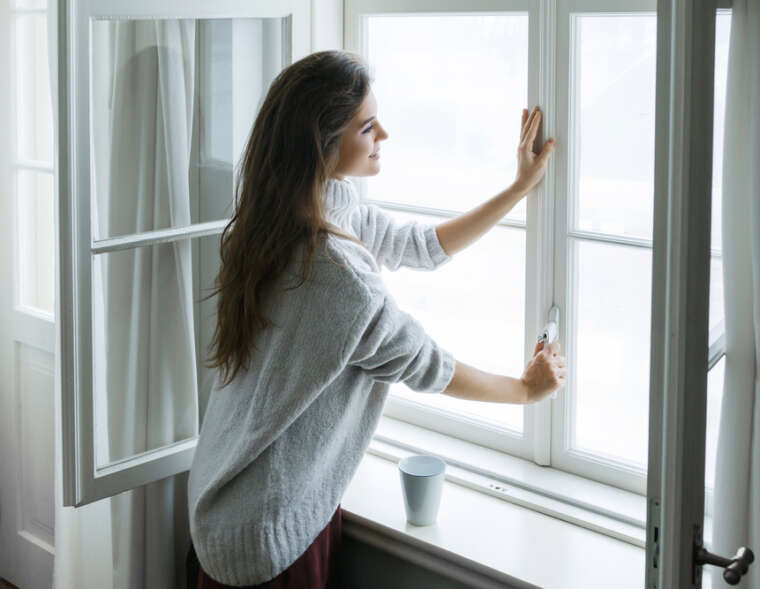Hi guys!
One of the very first things people learn in a new language is ‘How are you’. This article will teach you not only how to say how are you in Italian, but also some less academic versions which will make you sound even more Italian!
FORMAL OR INFORMAL?
Remember, in Italian we have a ‘formal’ way of talking to people, mainly used when talking to elderly people, important people (employer, doctor etc.) or people you don’t know very well, where TU (you) is replaced by LEI, and the verbs are conjugated in the 3rd person singular. This is something to keep in mind when we want to ask ‘how are you’.
To better understand this, look at the difference between the following sentences, in particular pay attention to how the verb changes.
- Vuoi andare al cinema stasera? Would you like to go to the cinema tonight? (INFORMAL, the verb is conjugated in the second person singular of the present indicative).
- Vuole andare al cinema stasera? Would you like to go to the cinema tonight? (FORMAL, the verb is conjugated in the third person singular of the present indicative).
COME STAI?
This is perhaps the most commonly taught way of asking ‘how are you’ in Italian. The verb in question is STARE, a regular verb which means something like ‘to stay’, ‘to exist’ or ‘to be’, and is used to ask someone how they are.
The translation for this expression is literally ‘how are you?’.
Come stai? (informal)
Come sta? (formal)
COME VA?
This is another common way of asking how are you, with a bonus: if you’re not sure whether to use the formal or the informal way, this expression is perfect, as it applies to both situations!
Literally, it means ‘How is it going?’, and it’s not referred to anyone in particular, this is why it can be used both with people you know well and with people you don’t know at all. Great, isn’t it?
TUTTO BENE?
When casually bumping into a friend or a family member, there are other options you can use, as sometimes ‘come stai’ can sound a bit too formal. Tutto bene is a perfect option, meaning: ‘Everything alright?’.
TUTTO A POSTO?
If you fancy using something a bit more ‘slang’ and less academic, this expression is perfect for the purpose. Tutto a posto is a similar expression to the previous one (tutto bene?), but it’s even less formal and more colloquial.
Tutto means everything, and a posto means ‘in place’ or ‘in order’. Just like tutto bene, tutto a posto means: everything OK?
HOW TO ANSWER TO ‘HOW ARE YOU’ IN ITALIAN
Now that you’ve learnt how to say how are you in Italian, you might want to learn a few ways of replying to this question, from the more diplomatic ways to the more ‘honest’ ones.
- Bene, grazie e tu? I’m well, thank you, and you? (FORMAL)
- Tutto bene, grazie. Everything OK, thank you (QUITE FORMAL)
- Non c’è male / non male. Not too bad (INFORMAL)
- Si va avanti / andiamo avanti… Usual life… (INFORMAL)
- Sono stato meglio…. I’ve been better... (INFORMAL)
“One of the most important areas we can develop as professionals is competence in accessing and sharing knowledge”









